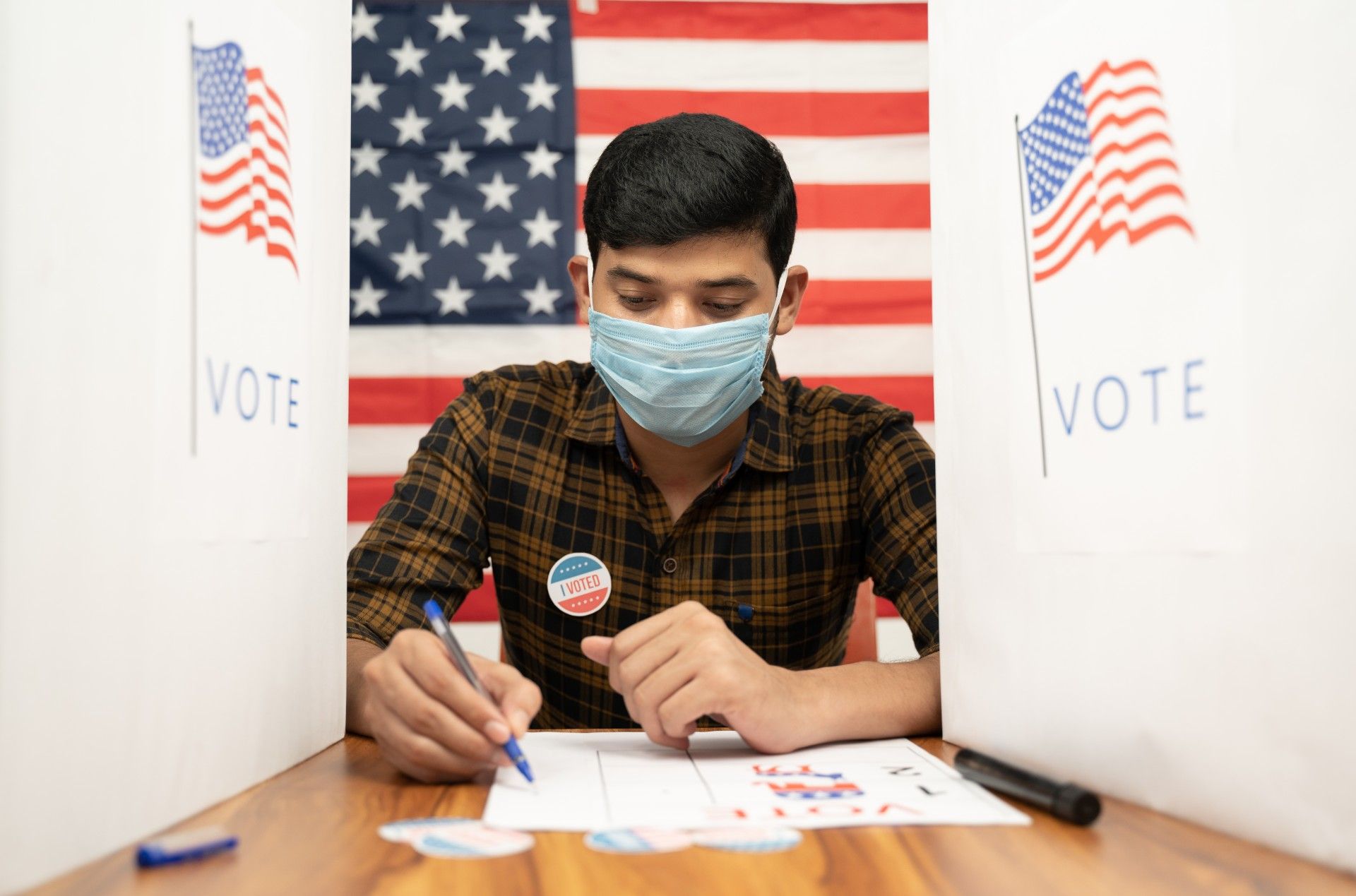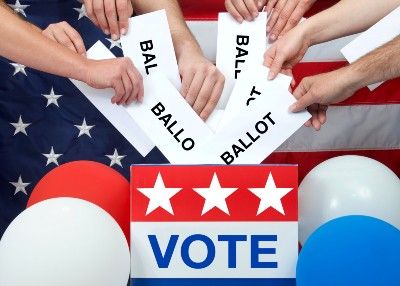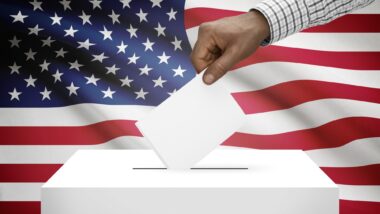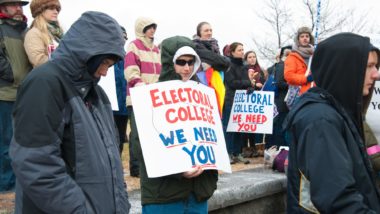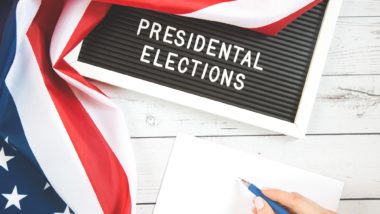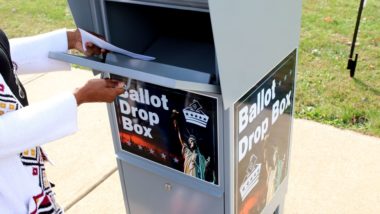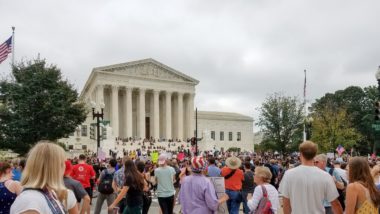Top Class Actions’s website and social media posts use affiliate links. If you make a purchase using such links, we may receive a commission, but it will not result in any additional charges to you. Please review our Affiliate Link Disclosure for more information.
A recently filed lawsuit says the state election code limiting assistance to Arkansas voters who do not speak English is discriminatory and conflicts with federal voting laws.
Plaintiff L. Mireya Reith and immigrant rights advocacy group Arkansas United allege the federal Voting Rights Act of 1965 allows Arkansas voters who do not speak English bring translators of their choice for assistance; however, the Arkansas Election Code restricts the ability of translators to help more than six people, making it difficult for non-English-speaking voters to find assistance.
“The voter assistance restrictions in the Arkansas Election Code particularly burden limited English proficient voters, who often rely on help from others to read and cast English language ballots, by limiting the number of available assistors,” the complaint contends.
In addition, the lawsuit points out, translators who wish to help voters in Arkansas out themselves at risk of criminal prosecution.
“The voter assistance restrictions in the Arkansas Election Code also burden individuals who provide voting assistance to limited English proficient voters by subjecting individual assistors to criminal prosecution and penalties for exceeding the 6-person limit,” the lawsuit alleges.
Indeed, according to The Arkansas Times, Arkansas United says it was told not to set up a voter assistance table near a community center on Election Day. It says officials cited provisions of the Arkansas Election Code and assured the group there would be official translators at polling places to assist non-English-speaking voters.
The lawsuit contends that the advocacy group proceeded with its plan to set up a table with materials to assist non-English-speaking voters. The group alleges it set up the table 150 feet away, but was still harassed by poll workers and decided to take down the table to avoid potential arrest or prosecution.
Further, Arkansas United says, it sent one translator in to assist a voter and did not see any official translators in the polling place as promised by elections officials.
According to the lawsuit, advocacy groups like Arkansas United are restricted from helping disenfranchised populations from exercising their right to vote.
Arkansas United says in the lawsuit that its mission is to assist the 83,000 or more Latino voters in the state.
The complaint points out the federal Voting Rights Act reinforces the rights of those with limited or no English-speaking skills to vote by bringing a translator of their choice to the polls; however, the state’s election code makes it a misdemeanor for translators to help more than six people.
In addition, translators can face $2,500 in fines and perhaps even a year in jail if they violate the election code, the plaintiffs say.
“Furthermore, the voter assistance restrictions in the Arkansas Election Code prevent community organizations from carrying out their work to promote voting and force those organizations to divert resources away from critical tasks in order to recruit, train and compensate additional assistors,” the lawsuit argues.
The lawsuit names Arkansas Secretary of State John Thurston, as well as members of the Board of Election Commissioners and other state elections officials as defendants.
The plaintiffs contend the federal Voting Rights Act of 1965 should supersede the Arkansas State Election Code and that enforcement of the code by state elections officials violates the U.S. Constitution.
According to The Arkansas Times, similar state restrictions in other locations have been removed.
“All Arkansas voters should have the right to receive any assistance or assistant they desire in exercising the franchise,” the president of Mexican American Legal Defense and Educational Fund reportedly said in a news release issued about the lawsuit. “Unnecessary impediments to this right cheapen our democracy by blocking legitimate participation by some state-disfavored voters.”
The Arkansas voting rights lawsuit is seeking a declaration from the court deeming that provision of the state’s election code illegal. The plaintiffs are also seeking an injunction stopping state elections officials from citing or fining translators or other assistants to voters on Election Day.
Are you an Arkansas voter? Do you think restrictions on translators and other assistants conflict with voting rights? Tell us what you think in the comment section below.
The plaintiffs are represented by Lawrence Walker of John W. Walker PA; and Griselda Vega Samuel, Francisco Fernandez del Castillo and Nina Perales of the Mexican American Legal Defense Fund.
The Arkansas Voters Rights Lawsuit is Arkansas United, et al. v. Thurston, et al., Case No. 5:20-cv-05193-TLB, in the U.S. District Court for the Western District of Arkansas.
Read About More Class Action Lawsuits & Class Action Settlements:

